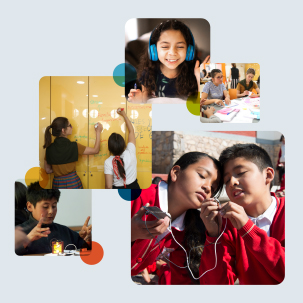Declaration of Santiago de Cali: Shaping the future of education through diversity, digitalization and sustainability
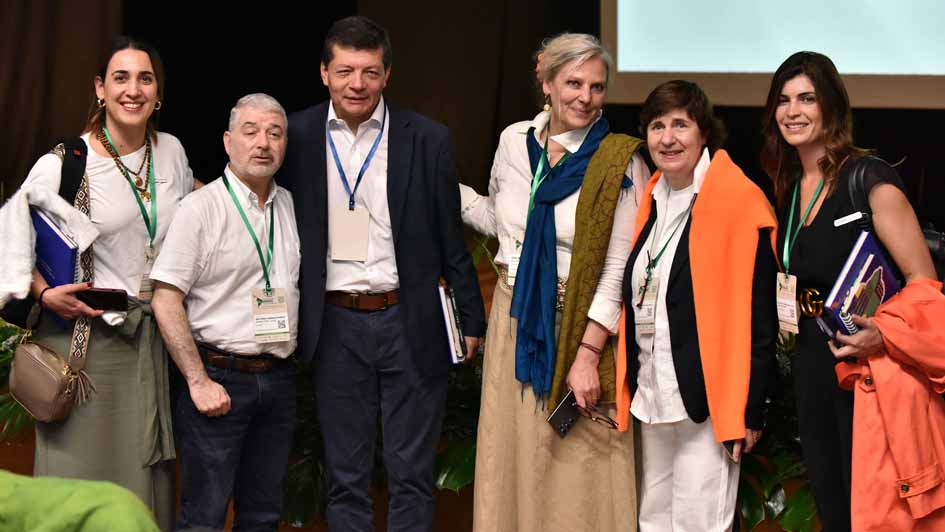
Dr. Barbara Filtzinger, Head of Education at Siemens Stiftung and Ulrike Wahl, Regional Head of Siemens Stiftung with partners at the Encuentro
© Siemens Stiftung
The IV Encuentro (annual meeting) of the Red STEM Latin America network culminated with a joint commitment to building an inclusive and diverse education ecosystem that would positively impact the lives of children and young people in the region. Hundreds of teachers, academia, and representatives from institutions and regional governments signed the Santiago de Cali Declaration 2024. Members of the network renewed their joint purpose to foster educational innovation and set the priorities to implement this. The Encuentro demonstrated that change is possible, but it requires the constant action of each member of the Red STEM Latin America.
The annual meeting was co-organized by Siemens Stiftung’s Regional Office, the Government of Valle del Cauca- Secretary of Education of Valle del Cauca, the Siemens Foundation Colombia, and the Corporación Universitaria Minuto de Dios – UNIMINUTO from November 12 to 14. Under the motto ‘Education for a sustainable future’, the Encuentro built on the momentum of COP 16 on biodiversity which was also hosted in Cali, Colombia a few weeks ago. At the Encuentro, substantial steps were discussed to realize the agreements made during the COP and their implementation in the classroom.
Educational innovations for a fairer and more inclusive society
Dr. Nina Smidt, Siemens Stiftung’s CEO, opened the conference, highlighting the collaborative work developed by the network for consolidating an ecosystem that promotes fresh strategies to strengthen the education sector across the region. Dr. Dilian Francisca Toro Torres, Governor of Valle del Cauca said: “Hosting the Red STEM Latin America network meeting is a recognition of our commitment to educational innovation and the development of skills that prepare our young people for the challenges of the future. This event provided opportunities for the exchange of knowledge and experiences with experts from across the region. It is a driver strengthening our educational ecosystem by promoting competencies in the STEM fields guiding a pathway toward a more equitable and competitive society.”
Networking in regional and international working groups
The meeting also facilitated exchanges between teachers from across the regions, helped build teachers’ skills and strengthened their pedagogical approaches. The Encuentro hosted the III Congress of STEMplus teaching communities, which included workshops, and the STEMplus Educational Innovation Expo where teachers shared more than 60 innovative educational experiences from all around the region. They also participated in extensive sessions on Open Educational Resources led by experts from the network.
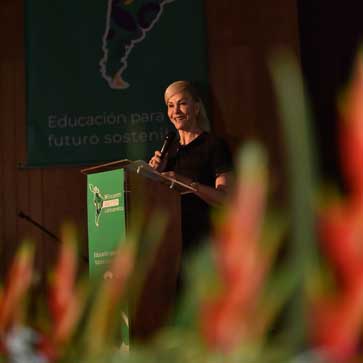
Different groups and bodies that breathe life into the network, including STEMplus Territories, Regional Working Tables, Network of Deans of Faculties of Education, Public Policy Group, Spaces for participation and cultural exchange, and others, met to mobilize innovative initiatives and to consider the agenda of joint actions to be developed during 2025.
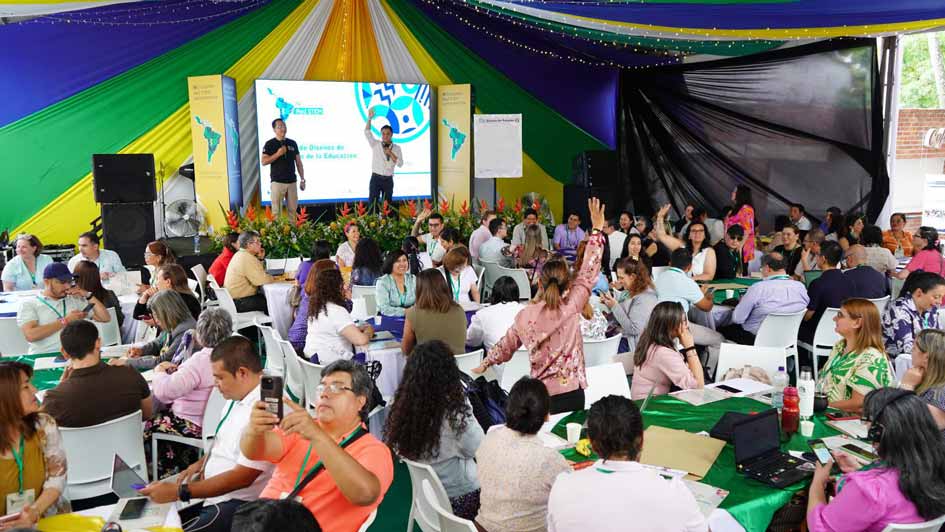
«The combined forces of all social actors is imperative to fostering the STEMplus learning approach that creates the fundamentals to educational innovation. Representatives from fourteen countries gathered here, contributing to collaborative action that will support the training of responsible, proactive and empathetic citizens who would pave the way for sustainable communities and territories to transform education quality in Latin America.»
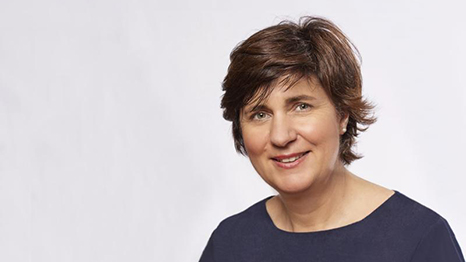
Cali Declaration strengthens the STEMplus approach in Latin America
The IV Encuentro concluded with the signing of the Santiago de Cali declaration that lays the roadmap for future action by the network.
Consolidation of the network as a regional ecosystem
Adoption of the STEMplus approach as a reference for the entire regional
Designing the future of education
Development of inclusivity, diversity and peace initiatives
Encourage adoption of digital and emerging technologies
Commitment to biodiversity, climate action, and sustainable development
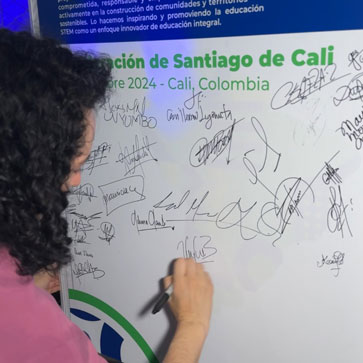
Visit our Spanish-language portals
Educación STEM Latinoamérica
This website introduces the work being done by Siemens Stiftung’s regional office in Latin America and provides an insight into the Red STEM Latinoamérica network, which comprises is made up of more than 85 education stakeholders from the public and private sectors and is committed to ensuring strong STEM teaching across the continent.
